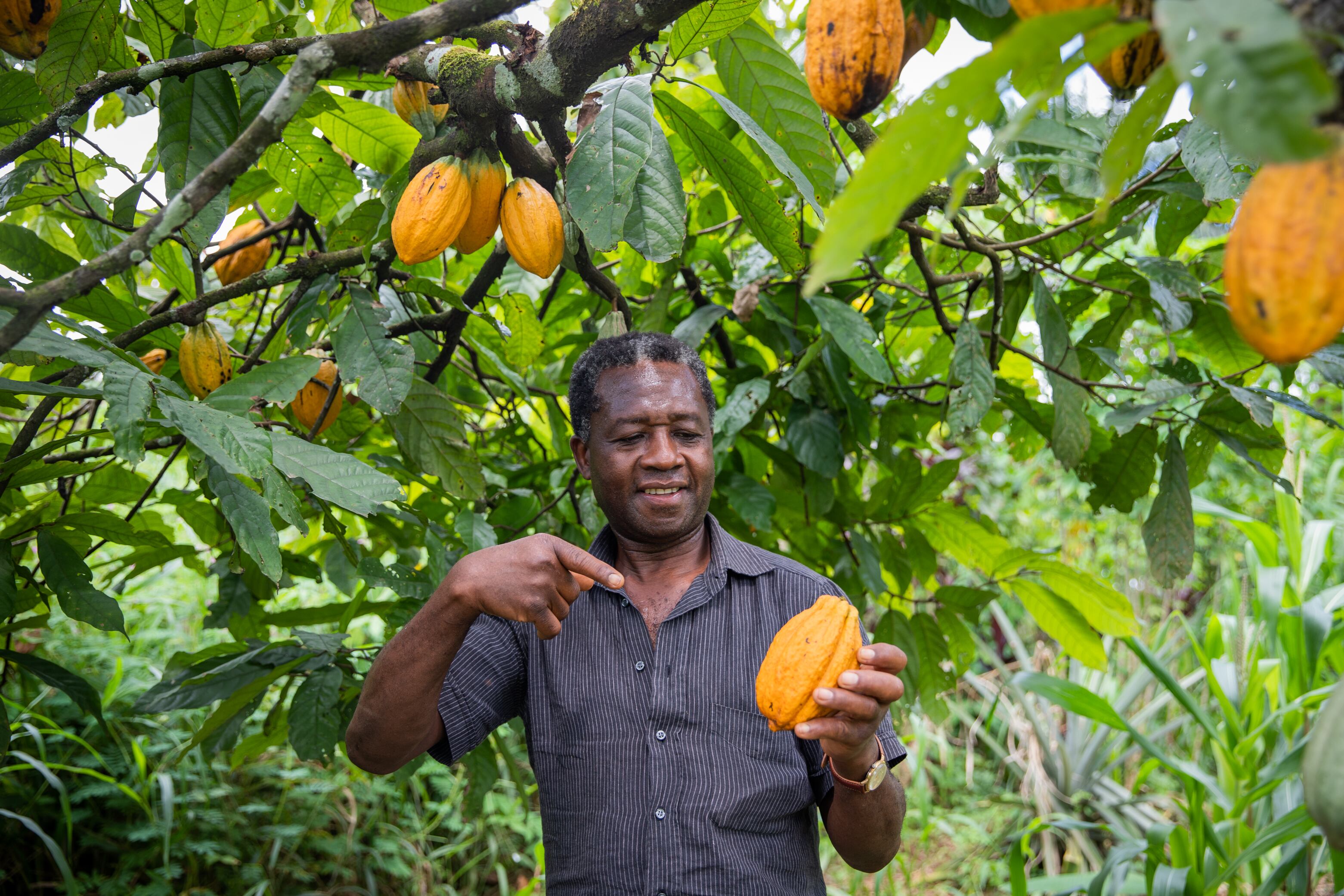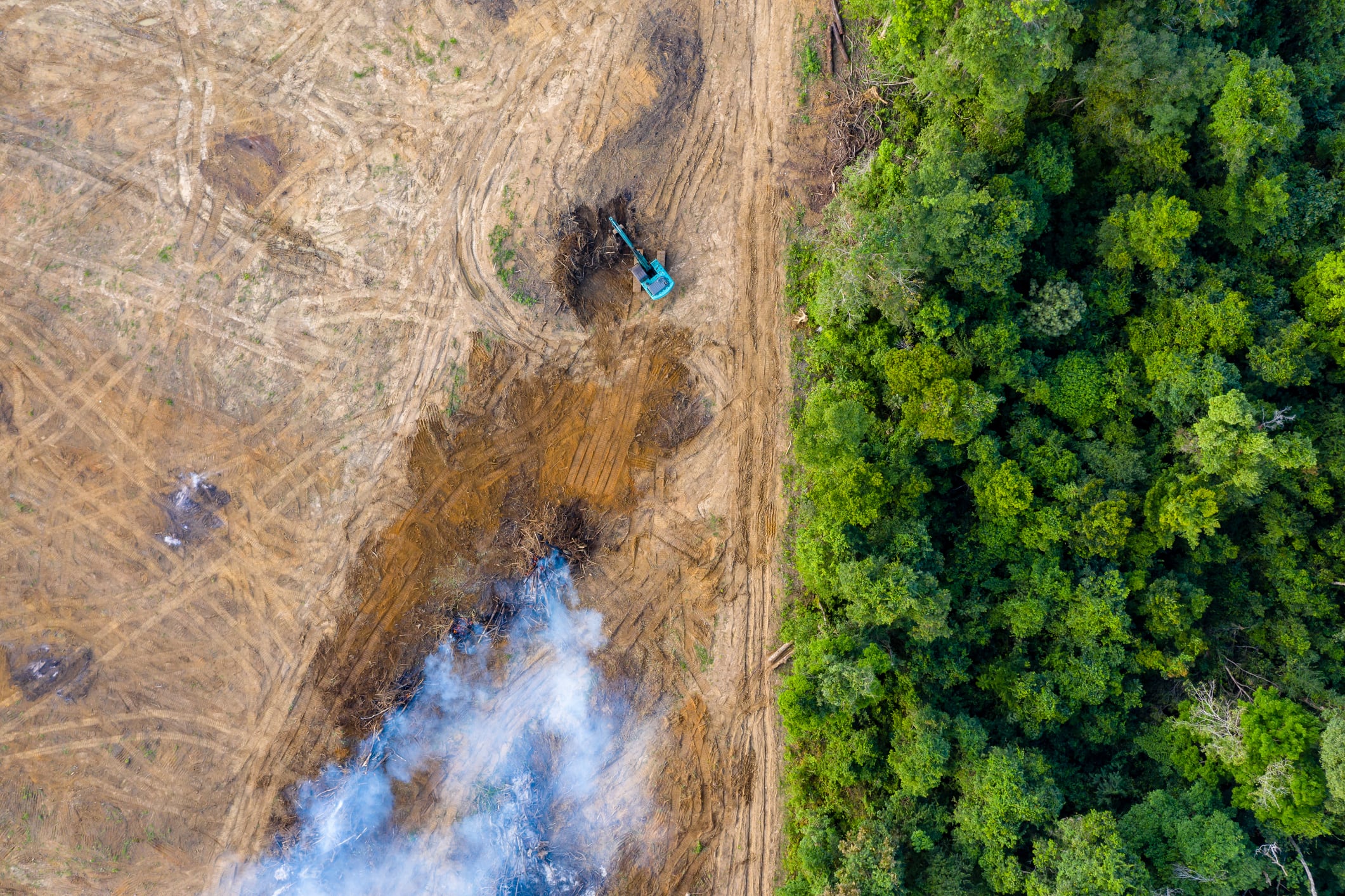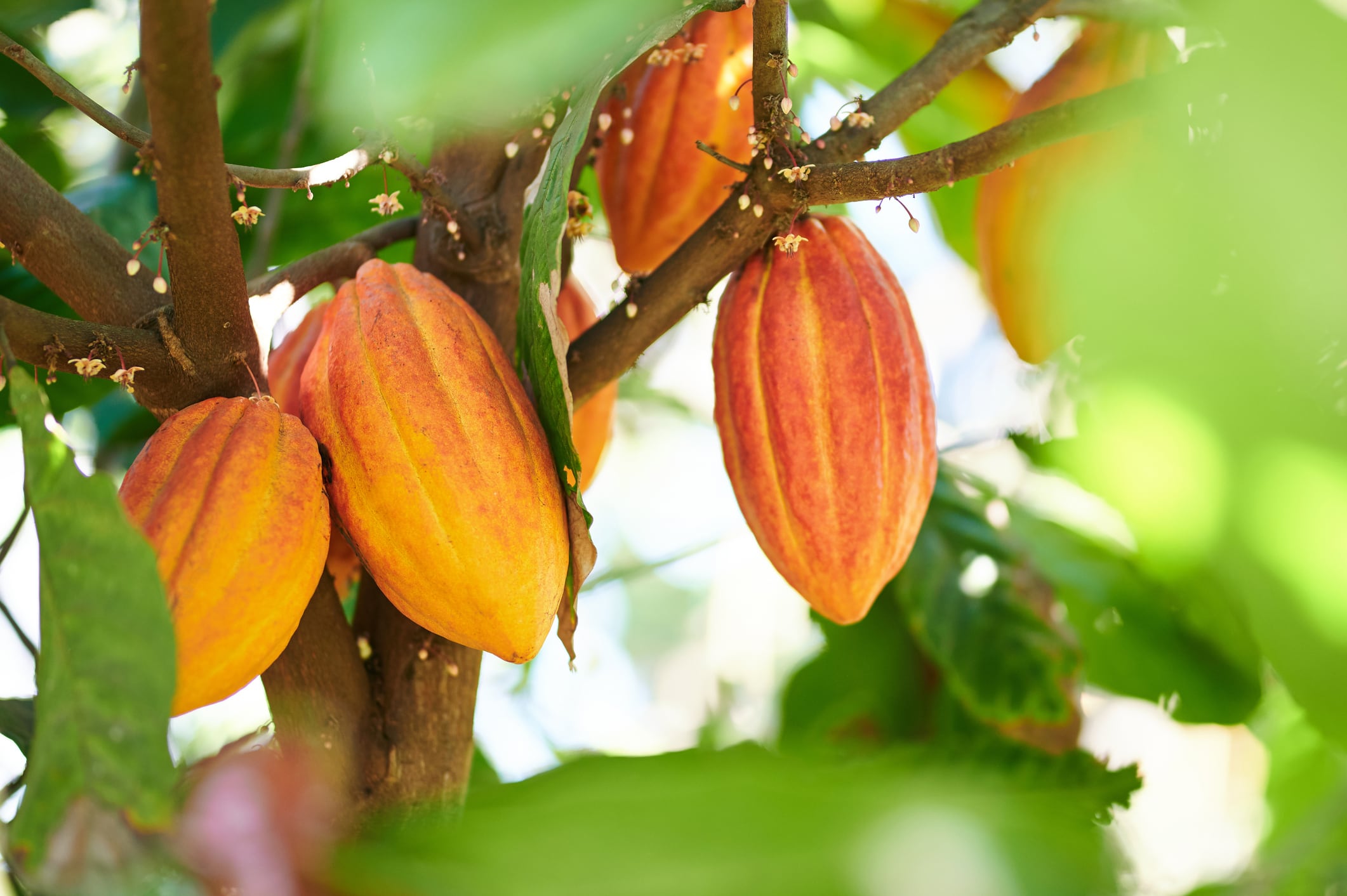How is finance helping producers prepare for the EUDR? A summary
- Transitioning to deforestation-free production is costly, especially for smallholders
- They are not tied to specific companies and thus are attracted to buyers with the best price
- Smallholders risk exclusion as buyers adopt stricter deforestation rules
- Investments from NGOs and the public sector can help with the transition
- Catalytic capital can also de-risk investments from larger lenders
Despite a second delay, the European Union Deforestation Regulation (EUDR) is still on the horizon.
Those producing the commodities it covers – which include cocoa, coffee, palm oil, soy, wood, beef and rubber – must ensure that they are not linked to deforestation that took place after the cut-off date of December 31, 2020 if they are to export them to the EU.
However, such a transition is costly, involving producing greater yields on less land, and only expanding when deforestation can be avoided. Producers, both large and small, need more money if they are going to survive.
Funding, in the form of cash from NGOs and the United Nations, can help plug the gap, suggests Jack Hurd, head of the earth systems agenda at the World Economic Forum (WEF).
Supporting smallholders to produce deforestation-free commodities
For smallholders, there is a lack of incentive to produce deforestation-free commodities, explains Hurd.
This is because “the market is not universally discriminatory” – in other words, not all buyers want commodities that are free of deforestation. Even once the EUDR comes into force, there are buyers from other regions of the world that do not have such regulations in place.
As smallholders are not directly affiliated with any individual company, they sell to traders offering the best price. They will not be bound to companies operating in Europe, and thus will not be obligated to conform to the EUDR.
Because of this, Hurd suggests, the market may over time come to discriminate against smallholders, and exclude them from selling their wares.
This may seem contradictory, but if deforestation regulations spread to more territories – and Hurd believes they will – there will be fewer buyers for smallholders who have not transitioned to a more sustainable production pattern, leaving them stranded outside a market whose standards no longer accept their produce.
The transition away from deforestation-linked production is therefore recommended, but this transition is costly and requires a lot of work.
“Clearly the growth of the industry is going to require enhanced productivity, so that you can produce more on the same footprint of land. That transition cost [will involve] technical assistance and the like. Someone’s got to bear that cost.”

This is where financing comes in. Financing initiatives such as Innovative Finance for the Amazon, Cerrado and Chaco (IFACC) and the Tropical Forest Forever Facility (TFFF) can help fund the cost for smallholders to transition from one business model to another. Hurd’s own initiative, the Tropical Forest Alliance, uses a combination of philanthropic and public money to do this.
Such initiatives involve incentives for producers to farm more sustainably. These incentives include longer loan periods or extension of loan forgiveness.
De-risking investments
“Philanthropic investments are only going to take you so far. Ultimately you need the commercial financiers to come into play, essentially defining what the mainstream is,” Hurd explains.
When large investors, such as global lenders or regional banks, make investments into the transition away from deforestation, Hurd explains, they are often unclear of what the risk is.
Catalytic capital, which is designed to stimulate third-party investment, is often needed.
Funding initiatives such as the IFACC, as well as directly helping smallholder farmers, help de-risk larger investments from mainstream investors.
They bring together banks and corporates, providing them with assurance as they invest in sustainable agricultural practices.
The future of deforestation and sustainability
The EUDR was recently delayed by another year, marking the second such delay in as many years.
Nevertheless, Hurd is still optimistic that it represents a sea change in the way the world responds to deforestation.
“It is certainly sending a signal throughout the global value chains that business as usual is no longer appropriate and that moving towards a deforestation-free situation is where we need to be going.”
While the delay does pose issues for those companies who are already prepared for the regulation, in Hurd’s opinion, it doesn’t signal the EUDR’s future demise.
“I think it’s just a matter of time, and we just need to figure out how to utilise the time most valuably.”
He believes that such regulation will eventually be put in place in other jurisdictions besides the EU.





